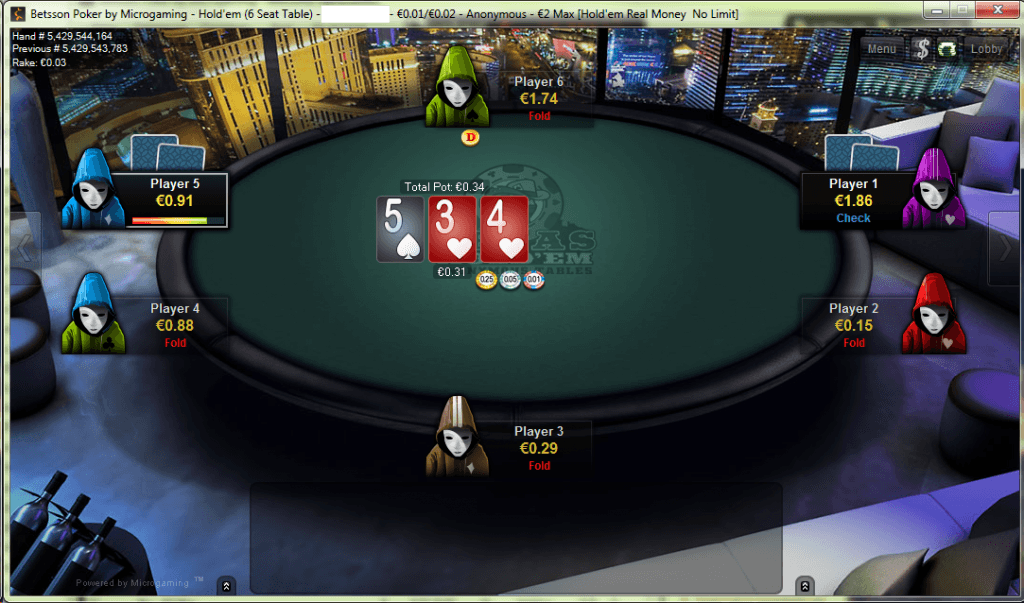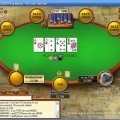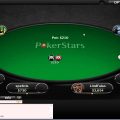
Anonymous Poker Tables Give Bigger Edges to Strong Players, Study Finds

Anonymous online poker tables have surprisingly benefitted the best players, a recent study found. (Image: microgaming.com)
Anonymous poker tables have been used by online poker sites as a way to partially protect recreational players from professionals and other sharks that might be using tracking software or heads-up displays (HUDs) that display information about their opponents.
At anonymous tables, these aids become difficult or impossible to use, as players are only identified by a number that changes between sessions. But according to a new study, these games may actually be increasing the advantage held by stronger players, rather than diminishing it.
That’s one of the key findings from a study conducted by Microgaming‘s Head of Poker, Alex Scott. An analysis of 175 million hands played on the Microgaming Poker Network (MPN) that looked at only games where both anonymous and standard tables were available found that winning players actually won more at the anonymous tables, and that losing players went broke faster while playing in these games.
Bigger Wins for Better Players
“This will probably shock those operators who bet the farm on Anonymous Tables, thinking that they would protect new and weak players,” Scott reported in a blog post titled  A World without HUDs. “Our evidence says that they don’t. In fact, weak players lose more and have an even shorter lifetime than they would if they played regular tables.”
That may seem shocking at first, so it’s important to look at the underlying data.
One of the biggest findings by Scott was that there was way more action at the anonymous tables, which made up about 40 percent of the play in the large sample of hands he looked at. While this was particularly apparent in microstakes games, it remained true at all levels. More bets were called, bets were larger, and average pot sizes were larger across the board in anonymous games when compared to standard cash games.
“Because more money changes hands, winners win more money per hand played at anonymous tables than they do at regular tables,” Scott wrote. “This is a no-brainer when you think about it — just because the pots are bigger doesn’t change who the winners and losers are. Good players are still good players, even when HUDs aren’t a factor.”
Recreational Player Experience Still Better at Anonymous Tables
However, there’s still a reason why anonymous tables may be good for retaining recreational players, even if they lose more often. Because of the bigger pots, variance in these games is much higher, which gives an overall loser a better chance of coming out ahead in the short run.
“If you ever wondered why some operators like to push Omaha and other non-Hold’em games, this is a key reason,” Scott wrote. “[Long term losers] still lose, but at least there’s a better chance of them coming back.”
Scott came to the conclusion that in traditional games where HUDs can be used, there was much less action, meaning that variance was lower, but also that winners won less per hand, even after accounting for the fact that they paid more for rake per hand at anonymous tables.
“The data suggests that HUDs make the game tighter, less fun, and make everybody win and lose more slowly,” Scott said. He also used an amusing analogy that he said reflects how HUDs work in modern online poker.
“Using a HUD is a bit like choosing a sniper rifle and camping on a rooftop in Call of Duty,” Scott wrote, referring to the popular first person shooter video game series. “As long as everybody else is running across open ground firing pistols, then you have a nice advantage. But if everybody else becomes a camping sniper too, then all of a sudden the game stops being fun.
“So in 2015, why not give Anonymous Tables a try? There’s no camping allowed.”















0 Comments